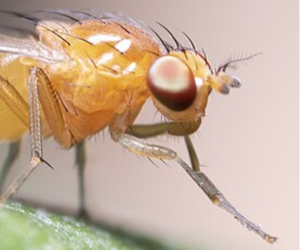Our research interests are closely focused on four inter-related themes:
Ecology and Conservation Science |
Evolution |
Behaviour and Neuroscience |
Health and Evolutionary Medicine |
Our research interests are closely focused on four inter-related themes:
Ecology and Conservation Science |
Evolution |
Behaviour and Neuroscience |
Health and Evolutionary Medicine |
Department of Zoology
University of Cambridge
Downing St
Cambridge
CB2 3EJ

© 2025 University of Cambridge



